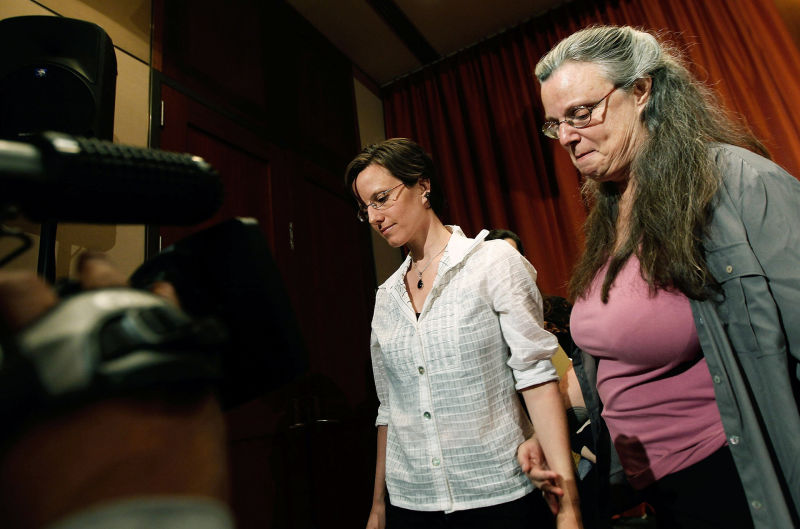Three Iranian-Americans released by Iran in a prisoner swap over the weekend are receiving medical attention in Germany before returning to the United States. Washington Post reporter Jason Rezaian, a native of Marin County, former Marine Amir Hekmati and Christian pastor Saeed Abedini were imprisoned in Iran on unrelated charges. U.S. diplomats negotiated their release, along with the release of a fourth American who chose to stay in Iran, in exchange for the release of seven Iranian-Americans imprisoned in the United States.
The U.S. has participated in multiple prisoner exchanges in the last decade, including a 2014 exchange with the Taliban in Afghanistan for prisoner of war Bowe Bergdahl, but this is only the second time Iran has engaged in a prisoner swap since the suspension of U.S.-Iran diplomatic negotiations in 1979.
In 2009, the Iranian government arrested Americans Sarah Shourd, Shane Bauer and Josh Fattal, who were hiking in Kurdish-controlled northern Iraq and mistakenly crossed the border into Iran. Shourd, who worked in Damascus at the time of the arrest, was held in solitary confinement in a prison in Tehran for the entirety of her incarceration. U.S. diplomats secured Shourd's release in September 2010 after Oman agreed to serve as a third-party negotiator with Taliban representatives. Bauer and Fattal were released in 2011.
Shourd, who now lives in Oakland, told KQED's Mina Kim on Tuesday that this weekend's prisoner exchange is an "incredible triumph of diplomacy," and that she had hoped the Americans' release would coincide with last week's lifting of economic sanctions on Iran, as stipulated in the Iran nuclear deal negotiated by the Obama administration.

